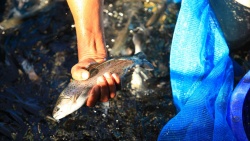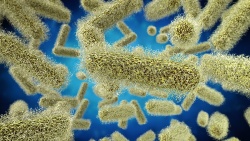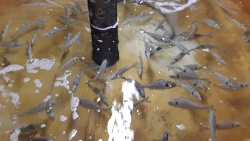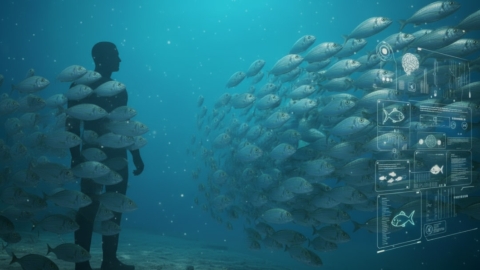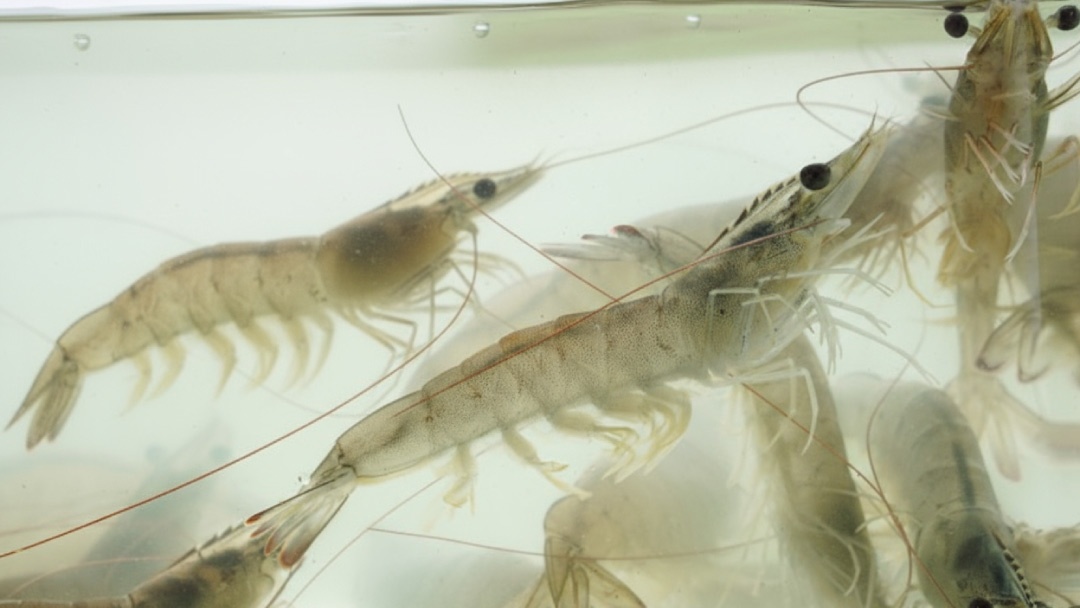
A groundbreaking nutritional study has shown that bacterial single-cell protein (BSCP), derived from methane-oxidising bacteria, could provide a sustainable and functional alternative to fishmeal in shrimp aquaculture. The authors emphasise that this novel feed ingredient has the potential to reduce the sector’s reliance on marine resources while enhancing shrimp health.
The study was a collaboration between the Institute of Agrifood Research and Technology (IRTA, Spain), the Department of Animal Sciences at Wageningen University & Research (the Netherlands), Unibio A/S (Denmark), the Technical University of Manabí (Ecuador), and the A.N. Severtsov Institute of Ecology and Evolution RAS (Russia).
Led by Dr Enric Gisbert of IRTA, the study assessed the inclusion of methanotroph-derived BSCP in the diets of whiteleg shrimp (Litopenaeus vannamei). The results showed that up to 50% of fishmeal could be replaced without compromising optimal growth. At a substitution level of 75%, growth decreased by 18.1%, although survival rates and apparent feed conversion ratios remained comparable to those of the control diets.
The findings highlight the nutritional strength of single-cell protein. With an amino acid profile closely resembling that of fishmeal, BSCP provides a high-quality protein source. Beyond its nutritional role, it also demonstrated immunomodulatory effects: shrimp fed with BSCP-enriched diets exhibited modulated oxidative stress responses and altered gut microbiota, which were linked to greater resistance against Vibrio harveyi infections.
According to the authors, this positions single-cell protein not only as a protein substitute but also as a functional feed ingredient that supports shrimp health and resilience.
Histological analysis confirmed that the inclusion of BSCP did not cause structural alterations in the hepatopancreas or intestine, further underscoring its safety. These results, the researchers argue, validate BSCP as a secure and effective component of aquafeeds.
The sustainability implications are considerable. Global aquaculture has long sought to reduce its dependence on fishmeal, a resource that places pressure on wild fish stocks. Single-cell protein, produced from methanotrophic bacteria capable of using methane as a carbon source, offers a circular economy solution that could reduce the environmental footprint of shrimp farming.
Reflecting on the work, Dr Gisbert noted: “This research on shrimp nutrition represents a significant milestone for our team. Venturing into crustacean nutrition opens exciting new project opportunities, and working with these high-value invertebrates presents both unique challenges and fascinating research possibilities. This marks the beginning of what we anticipate will be an expanding focus area for our group.”

